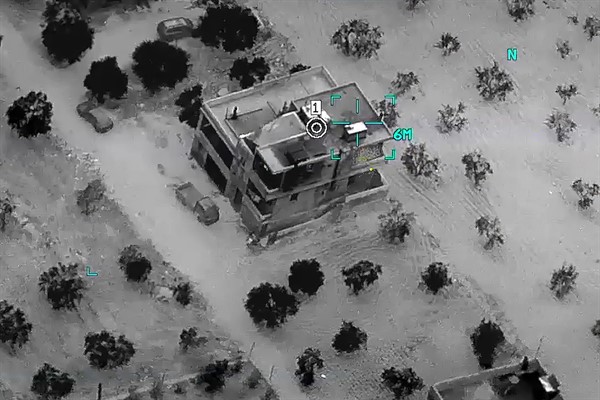Last week, U.S. President Joe Biden ordered a team of U.S. special operations forces to carry out a raid in northern Syria that is now stoking legal controversy. The mission targeted a residential compound where Islamic State leader Abu Ibrahim al-Hashimi al-Qurayshi had been holed up with his family and civilian neighbors. By the end, al-Qurayshi and a disputed number of civilians were dead.
As Washington Post reporter Miriam Berger has explained, since Syria did not consent for U.S. forces to carry out the raid, Biden’s order arguably violated the charter of the United Nations, which limits a state’s ability to carry out attacks on foreign soil. The United States’ justification for doing so in its hunt for transnational terrorists rests on a highly disputed legal theory that suggests a state like Syria foregoes its sovereignty when it is “unable or unwilling” to apprehend such individuals itself.
The strike runs afoul of U.S. domestic law as well. The Biden administration has argued that the 2001 law allowing the U.S. to battle al-Qaida using military force can also be extended to the Islamic State. But this rationale stands on shaky ground, considering the well-documented split between these groups. And, as I’ve argued often before, the very concept of targeted killing outside of active conflict zones can be viewed as a form of illegal extrajudicial execution.

